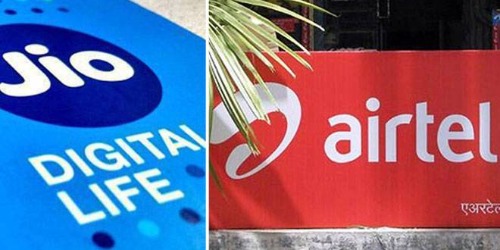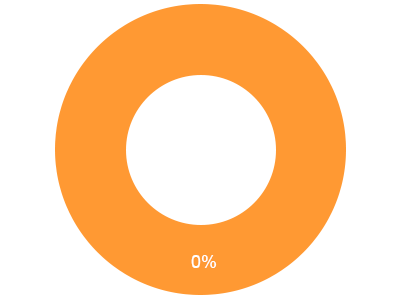Coronavirus lockdown: Airtel, Reliance Jio to make money as internet use booms 30%

Telecom is one of the few sectors that stand to gain in the current lockdown. How? Ask Mumbai-based Somya Gupta who works with US-based Azul Arc International as designer. Ever since the lockdown started, Gupta shifted her office desktop to her home where she's working almost eight hours every day. Gupta says the reason for shifting desktop to her home - rather than working on her laptop - is because she has to work over a licensed software that's available at her office desktop only. Because her intricate designing involves working on heavy files, primarily images, her usage of home broadband has grown tremendously. "I used to have 10 mbps (megabits per second) plan earlier for which I was roughly paying Rs 500 per month. Now I have upgraded to 40 mbps speed plan with unlimited data at the cost of Rs 2,100," she says.
Twenty-four-year old Gupta is one of the many professionals who have been working from homes over the past 40-50 days as corporates ask staff to work under the safety of their homes in the wake of coronavirus pandemic. As per ratings agency CRISIL, the data usage has gone up 25-30 per cent since the lockdown began on March 25. "The COVID-19 driven lockdown has come as a Godsend to the fixed broadband sector, which has been stagnating with subscribers at 18-19 million since 2016 because of the intense price war in the mobile telephony space. But now, subscriptions to fixed broadband, especially in the urban areas, have surged because millions are working from home," says a CRISIL report.
But the downside of the higher consumption has resulted in slower data speeds. Recently, Ookla, a US-based mobile and broadband network intelligence firm, said that the fixed broadband download speed in India reduced to 35.98 Mbps in March as compared to 39.65 Mbps a month ago. CRISIL said that the mobile internet speed too declined by 1 Mbps between February and March.
The Indian broadband data consumption pattern is in line with the global trend. Initially, there were fears expressed by WEF (World Economic Forum) that spike in data consumption might result in breaking of the internet with operators like Vodafone that operates in over 65 countries. It witnessed 50 per cent surge in data traffic in some markets. Not just data, a recent global study by Ericsson indicates 20-70 per cent rise in voice traffic, including India, across networks with users making frequent and longer voice calls due to the coronavirus situation. However, the fears were allayed by ISPs (internet service providers) and telcos who assured users and the government of having sufficient capacities to handle data surge.
At the moment, the price of accessing data in fixed and mobile broadband is almost similar. For instance, the per GB (gigabyte) price for fixed broadband is Rs 6 as compared to Rs 5.4 for mobile internet. Last year, telcos across the board hiked mobile tariffs for prepaid subscribers by 20-50 per cent in an attempt to increase their low APRUs (average revenue per user). "The usage in fixed broadband consumption is definitely going to drive up the revenues for telcos, but despite the rise in consumption of mobile broadband, the average APRU increase would not be substantial since there's going to be loss of subscribers in the prepaid segment, and higher data allowances by telcos," says a telecom analyst.
As per telecom regulator TRAI, India had a total of 688 million broadband subscribers (in September) out of which just 22.26 million were fixed broadband subscribers. The top broadband players (wired and wireless) are Reliance Jio (355.93 million), Bharti Airtel (127.83 million), Vodafone Idea Ltd (112.19 million), and BSNL (21.52 million). In fact, India's fixed broadband penetration at 6 per cent is significantly lower as compared to other countries. The comparable numbers in Japan are 80 per cent, 75 per cent in the US, 70 per cent in Eurozone, and 55 per cent in China.
- 0
- Leave a comment



